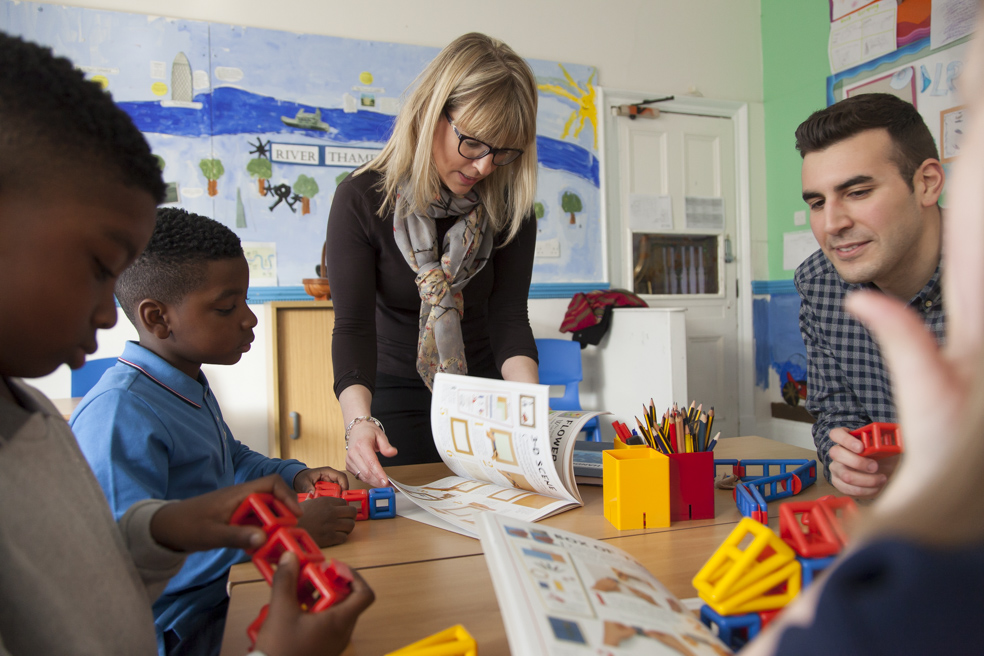
Child, community and educational psychology (M4): Re-accredited by the British Psychological Society
“Exemplary and goes above and beyond accreditation standards”
We are delighted to share that our professional doctorate in Child, community and educational psychology (M4) has been re-accredited by the British Psychological Society (BPS), with four outstanding commendations.
The highly regarded three year, full-time course enables students to work as a Health and Care Professions Council-registered practitioner educational psychologist, and to be chartered with the BPS.
Following the two-day accreditation visit, the BPS made minimal recommendations with four outstanding commendations, including around the Trust’s commitment to equality, diversity, and inclusion (EDI), which was described as “exemplary,” and “going above accreditation standards.”
Reasons for the BPS’s high praise for the programme’s EDI efforts include “initiatives in support of the principles include the racial equities project; open evening for under-represented groups; transcultural supervision training; an EDI element in supervision along with a supervisory health check; and Thinking Spaces groups.”
Will Fitzmaurice, Director of Education (Operations) at the Trust said: “It’s incredibly gratifying to receive such positive feedback from the BPS on our M4 programme. We know just how much work has gone into EDI initiatives, at this course level and at the Department of Education and Training level overall, and it’s very welcome to have this recognised by the BPS. Overall, this revalidation and the commendations show our commitment to providing the highest quality training and education.”
Other areas where the course was commended included:
- The programme’s strategic and operational commitment to working within a multi-disciplinary team during year one, which features the Child and Adolescent Mental Health Services (CAMHS) placement, is commendable. It provides a unique opportunity both for trainee Educational Psychologists to experience CAMHS from the inside and for clinicians to acquire a better understanding of the role.
- Trainees have access to multiple layers of high quality supervision throughout the programme that have a positive impact on their learning experience. Key features include the relational model of supervision; personal supervision along with supervisory health check; self-care maintenance and consideration of wellbeing; supervisor training; and trainee access to psychotherapy sessions with a professional from the Trust.
- Meaningful and purposeful programme feedback is sought from trainees and stakeholders, and this is acted upon.
All programmes accredited by the BPS must meet rigorous criteria, which means that graduates from a BPS-accredited undergraduate or postgraduate conversion course are eligible for Graduate Basis for Chartered Membership of the society.
Intrigued by this training?
Accredited by the British Psychological Society and validated by the University of Essex, this three year, full-time professional doctorate enables graduates to work in schools, local communities and multi-agency contexts as a registered educational psychologist.